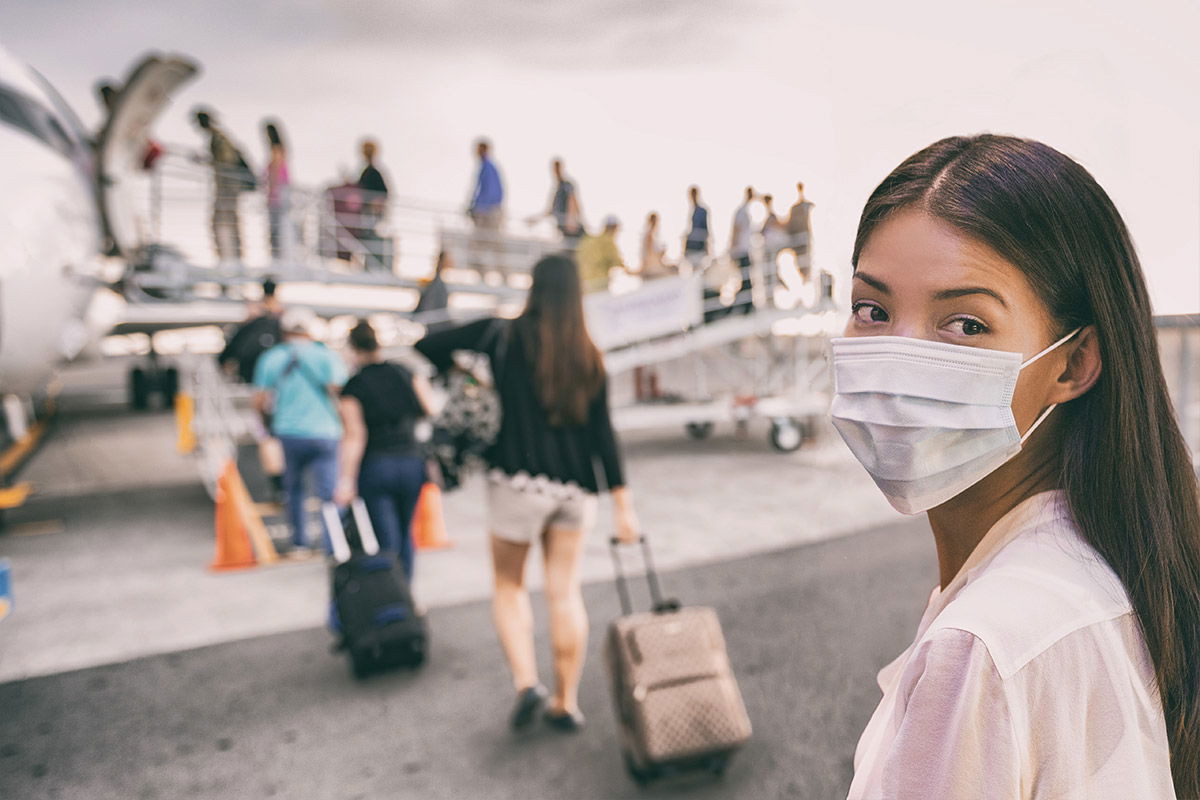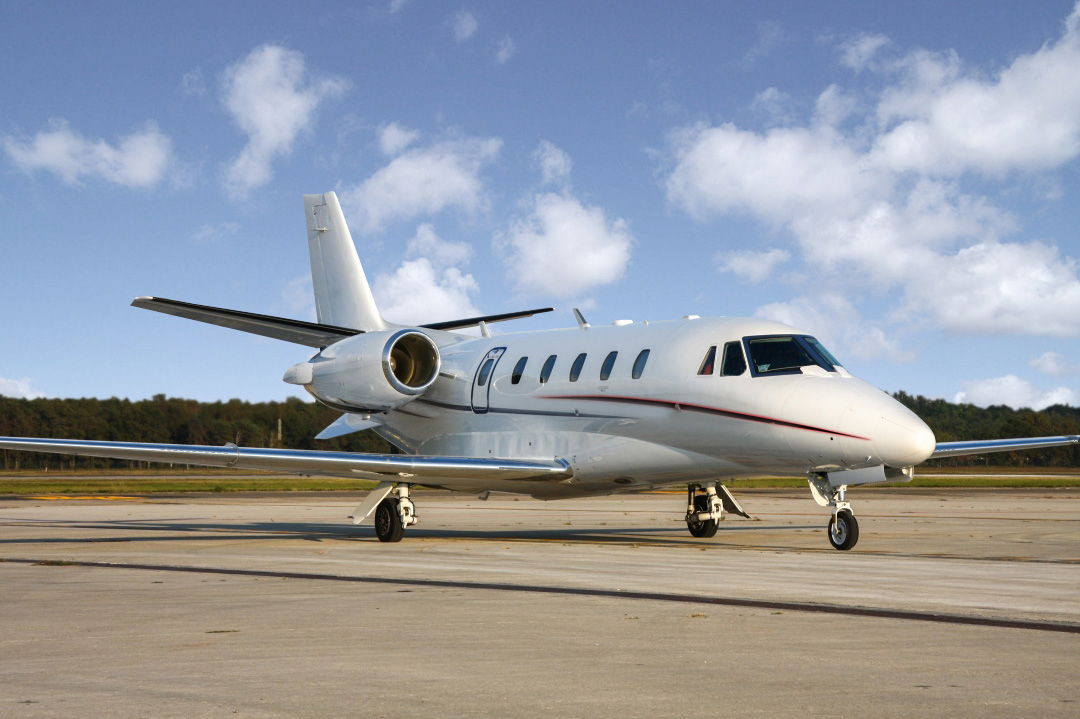Flying with epilepsy requires careful consideration. Can Flying Cause Seizures? Yes, flying can potentially trigger seizures in individuals with epilepsy due to various factors such as stress, sleep deprivation, and changes in cabin pressure. Flyermedia.net provides information and resources to help you understand the risks and take necessary precautions for safe air travel. Keep reading to discover everything about air travel and epilepsy, ensuring a secure and informed journey with seizure management, aviation safety, and medical aviation solutions.
1. Understanding Epilepsy and Air Travel
1.1 What is Epilepsy?
Epilepsy is a neurological disorder characterized by recurrent, unprovoked seizures. These seizures are caused by sudden, abnormal electrical activity in the brain. The Epilepsy Foundation estimates that around 3.4 million people in the United States have epilepsy.
1.2 What are the Symptoms of Epilepsy?
Seizure symptoms can vary widely depending on the type of seizure and the area of the brain affected. Common symptoms include:
- Loss of consciousness
- Convulsions (uncontrollable shaking)
- Staring spells
- Temporary confusion
- Muscle stiffness
- Unusual sensations (e.g., tingling, smells, tastes)
1.3 What Causes Epilepsy?
Epilepsy can be caused by a variety of factors, including:
- Genetic predisposition
- Brain injury (e.g., stroke, trauma)
- Brain tumors
- Infections (e.g., meningitis, encephalitis)
- Developmental disorders
In many cases, the cause of epilepsy remains unknown.
2. The Safety of Flying with Epilepsy
2.1 Is Flying Safe for People with Epilepsy?
For many individuals with epilepsy, flying is generally safe. However, those with uncontrolled seizures or other health complications should take extra precautions. The Aerospace Medical Association advises that individuals with uncontrolled seizures should avoid flying long distances on commercial airlines.
2.2 Airline Regulations and Epilepsy
Airlines typically do not prohibit passengers with epilepsy from flying. However, they may request a letter from your doctor stating that you are fit to fly. It’s also advisable to inform the airline about your condition in advance.
2.3 Factors That May Increase Seizure Risk During Flight
Several aspects of flying can potentially increase the risk of seizures:
- Stress and Anxiety: Travel-related stress and anxiety can be seizure triggers for some individuals.
- Sleep Disruption: Changes in sleep patterns and jet lag can disrupt normal sleep cycles, increasing seizure likelihood.
- Hypoxia: Reduced oxygen levels in the cabin, especially during long flights, can affect brain function and potentially trigger seizures.
- Dehydration: Air travel can lead to dehydration, which may also increase the risk of seizures.
- Cabin Pressure: Changes in cabin pressure during takeoff and landing could impact some individuals.
 passenger in airport wearing a medical mask
passenger in airport wearing a medical mask
Alt text: A passenger wearing a medical mask in an airport, preparing for a flight, highlighting the importance of health considerations during air travel.
3. Research and Studies on Epilepsy and Air Travel
3.1 Key Findings from Research
Several studies have investigated the relationship between epilepsy and air travel. One notable study published in the journal “Epilepsy & Behavior” found that flying appears to promote an increase in seizures, particularly in individuals with poorly controlled epilepsy.
3.2 Factors Influencing Seizure Risk
- Pre-Flight Seizure Frequency: Individuals with a higher seizure rate before flying are more likely to experience seizures during or after the flight.
- Seizure Control: Those with complete seizure control are less likely to have seizures during air travel.
- Flight Duration: Longer flights can disrupt biological rhythms and pose greater physiological challenges, increasing seizure risk.
3.3 University Research
According to research from Embry-Riddle Aeronautical University, in July 2025, advanced air filtration systems on airplanes will help reduce hypoxia episodes.
4. Practical Tips for Safe Air Travel with Epilepsy
4.1 Pre-Flight Preparations
- Consult Your Doctor: Before flying, consult your neurologist to discuss your travel plans and ensure your epilepsy is well-managed. Obtain a letter stating you are fit to fly, if necessary.
- Medication Management: Ensure you have an ample supply of your anti-epileptic medications. Pack them in your carry-on luggage to avoid potential loss or delays.
4.2 During the Flight
- Inform Airline Staff: Notify the cabin crew about your condition. In case of a seizure, they can provide assistance and ensure your safety.
- Stay Hydrated: Drink plenty of water throughout the flight to avoid dehydration.
- Avoid Alcohol and Caffeine: These substances can interfere with seizure control and should be avoided.
- Manage Stress: Practice relaxation techniques such as deep breathing or meditation to reduce anxiety.
- Aisle Seat: Request an aisle seat for easier access and more room in case of a seizure.
- Medical Alert Bracelet: Wearing a medical identification bracelet can alert others to your condition if a seizure occurs.
- Adhere to Medication Schedule: Continue taking your medication as prescribed and at the usual times.
4.3 Post-Flight Care
- Rest and Recovery: Allow yourself time to rest and recover after the flight. Jet lag and sleep deprivation can increase seizure risk.
- Monitor Symptoms: Pay close attention to any unusual symptoms or seizure activity in the days following your trip.
5. When to Consider Medical Escort or Air Ambulance
5.1 Medical Escort
A medical escort can be a valuable option for individuals with epilepsy who require additional support during air travel. Medical escorts are healthcare professionals trained to handle medical emergencies, including seizures, and can provide personalized care throughout the journey. Medical Air Service provides commercial medical escort services on both domestic and international airlines.
5.2 Air Ambulance
In some cases, an air ambulance may be the best option for individuals with epilepsy, especially those with uncontrolled seizures or other medical complications. Air ambulances are equipped with advanced medical equipment and staffed by experienced medical teams who can provide critical care during transport.
5.3 Benefits of Air Ambulance Services
- Specialized Medical Care: Air ambulances provide comprehensive medical care, including seizure management, oxygen therapy, and medication administration.
- Rapid Transport: Air ambulances can quickly transport patients to appropriate medical facilities, ensuring timely treatment.
- Comfort and Safety: Air ambulances offer a comfortable and safe environment for patients, minimizing stress and potential seizure triggers.
 Inside an ambulance jet with medical equipment
Inside an ambulance jet with medical equipment
Alt text: Interior of an ambulance jet equipped with advanced medical equipment, illustrating the comprehensive care available during medical air transport.
6. Real-World Scenarios and Case Studies
6.1 Case Study 1: Successful Air Travel with Epilepsy Management
Sarah, a 35-year-old woman with well-controlled epilepsy, planned a business trip from New York to London. She consulted her neurologist, obtained a letter stating she was fit to fly, and packed an ample supply of her anti-epileptic medication in her carry-on. During the flight, she stayed hydrated, avoided alcohol and caffeine, and practiced relaxation techniques to manage stress. Sarah arrived in London without any seizures and successfully completed her business trip.
6.2 Case Study 2: Emergency Medical Transport
John, a 50-year-old man with uncontrolled epilepsy, experienced a severe seizure during a vacation in Hawaii. His family contacted Medical Air Service, and an air ambulance was dispatched to transport him to a specialized neurological center in Los Angeles. The medical team on board provided critical care, stabilizing John’s condition and ensuring he received timely treatment.
7. Epilepsy Resources and Support
7.1 Epilepsy Foundation
The Epilepsy Foundation is a leading non-profit organization dedicated to helping people with epilepsy and their families. They provide a wide range of resources, including:
- Information and education
- Support groups
- Advocacy
- Research funding
7.2 Epilepsy Therapy Project
The Epilepsy Therapy Project is an organization focused on accelerating the development of new therapies for epilepsy. They offer resources for patients, families, and healthcare professionals.
7.3 Local Epilepsy Support Groups
Connecting with local epilepsy support groups can provide valuable emotional support and practical advice. These groups offer a safe and supportive environment for sharing experiences and learning from others.
8. Legal and Ethical Considerations
8.1 Airline Discrimination
It is illegal for airlines to discriminate against passengers with epilepsy. Airlines cannot deny boarding or refuse service based solely on a diagnosis of epilepsy.
8.2 Duty of Care
Airlines have a duty of care to ensure the safety and well-being of all passengers, including those with medical conditions. This includes providing reasonable accommodations and assistance in case of a medical emergency.
8.3 Informed Consent
Passengers with epilepsy have the right to make informed decisions about their medical care and travel plans. Healthcare professionals should provide clear and accurate information about the risks and benefits of air travel, allowing individuals to make informed choices.
9. The Role of Technology in Managing Epilepsy During Air Travel
9.1 Seizure Monitoring Devices
Advancements in technology have led to the development of seizure monitoring devices that can detect and alert individuals and caregivers about potential seizures. These devices can provide valuable information and support during air travel.
9.2 Telemedicine
Telemedicine allows individuals with epilepsy to connect with healthcare professionals remotely. This can be particularly useful during travel, providing access to medical advice and support from anywhere in the world.
9.3 Mobile Apps
Mobile apps designed for epilepsy management can help individuals track seizures, manage medications, and access educational resources. These apps can be valuable tools for managing epilepsy during air travel.
10. Frequently Asked Questions (FAQs) About Flying and Seizures
10.1 Can changes in air pressure trigger seizures?
While possible, it’s rare. Consult your doctor to understand your specific risks.
10.2 What should I do if I have a seizure on a plane?
Inform the cabin crew and any nearby passengers about your condition. If you feel a seizure coming on, try to lie down or sit in a safe position.
10.3 Can I bring my epilepsy medication on a plane?
Yes, but keep it in its original container with the prescription label and store it in your carry-on luggage.
10.4 Will airport security be an issue with my medication?
Inform the TSA officer about your medication and have your doctor’s letter available if needed.
10.5 Is it safe for children with epilepsy to fly?
Yes, with proper planning and precautions. Consult your child’s neurologist and ensure they have appropriate supervision.
10.6 Should I avoid long flights if I have epilepsy?
If your seizures are well-controlled, long flights are generally safe. However, discuss your travel plans with your doctor.
10.7 What if I need medical assistance during a flight?
Inform the cabin crew, who can provide basic medical assistance and contact medical professionals on the ground if needed.
10.8 Can flying affect my epilepsy medication?
Changes in time zones and sleep patterns can affect medication schedules. Consult your doctor for guidance.
10.9 Are there any specific airlines that are more accommodating to passengers with epilepsy?
Most major airlines are accommodating to passengers with medical conditions. Inform the airline about your needs in advance.
10.10 Where can I find more information about flying with epilepsy?
Visit flyermedia.net for comprehensive resources and support.
11. Call to Action
Are you looking for reliable information and resources about flying with epilepsy? Visit flyermedia.net today to explore our comprehensive guide, read inspiring stories, and connect with experts in aviation and medical travel. Discover the steps you can take to ensure a safe and enjoyable journey. Whether you are planning a business trip or a long-awaited vacation, Flyermedia.net has the information you need to travel with confidence.
For personalized assistance and to learn more about our medical escort and air ambulance services, contact our multilingual team now. Let us help you plan your next flight with peace of mind. Fly high, fly safe, and fly informed with flyermedia.net.
Address: 600 S Clyde Morris Blvd, Daytona Beach, FL 32114, United States.
Phone: +1 (386) 226-6000.
Website: flyermedia.net.
